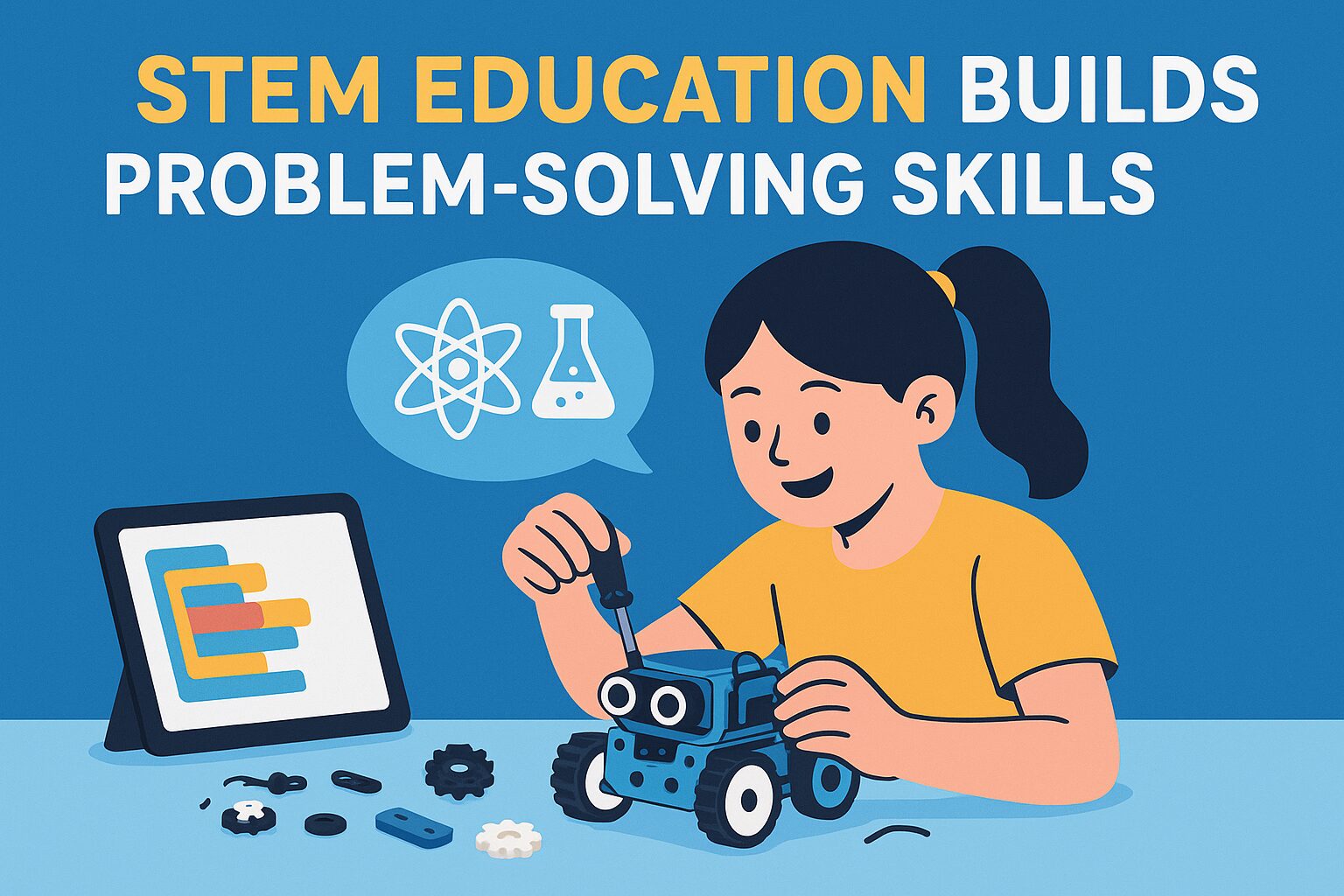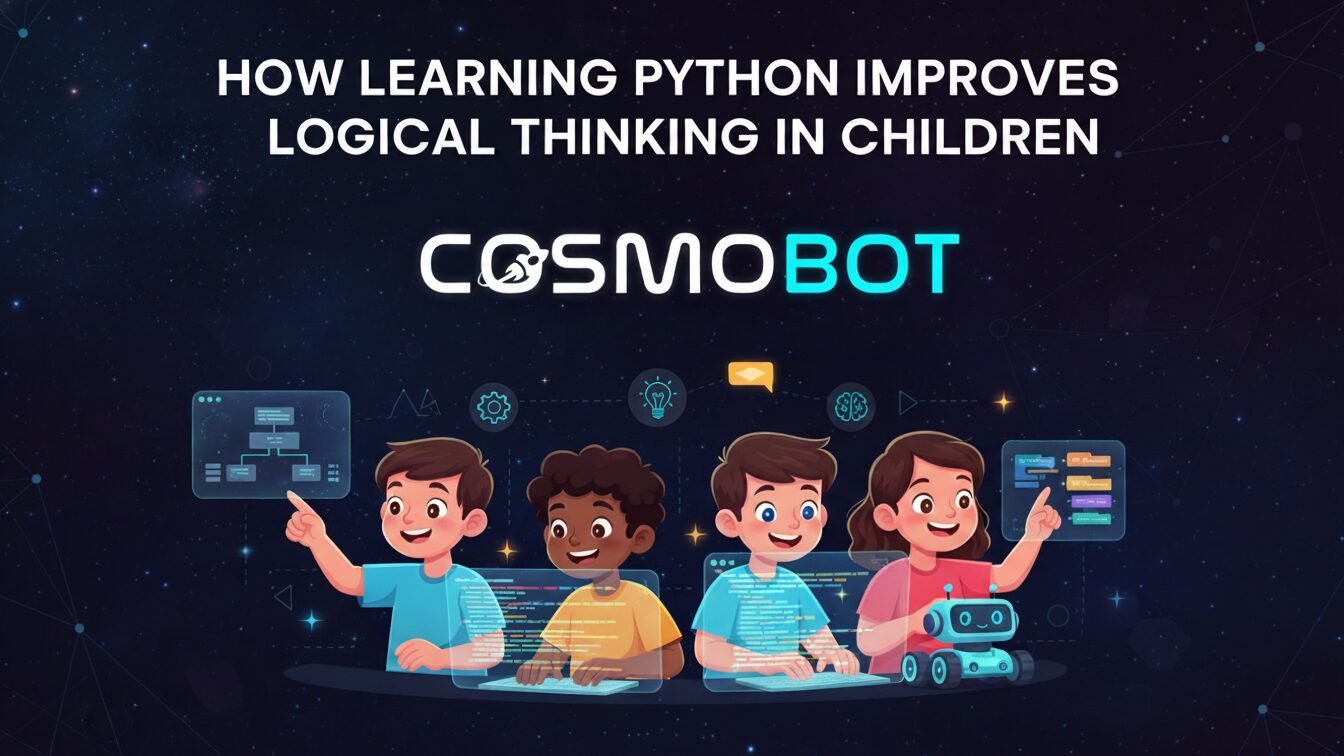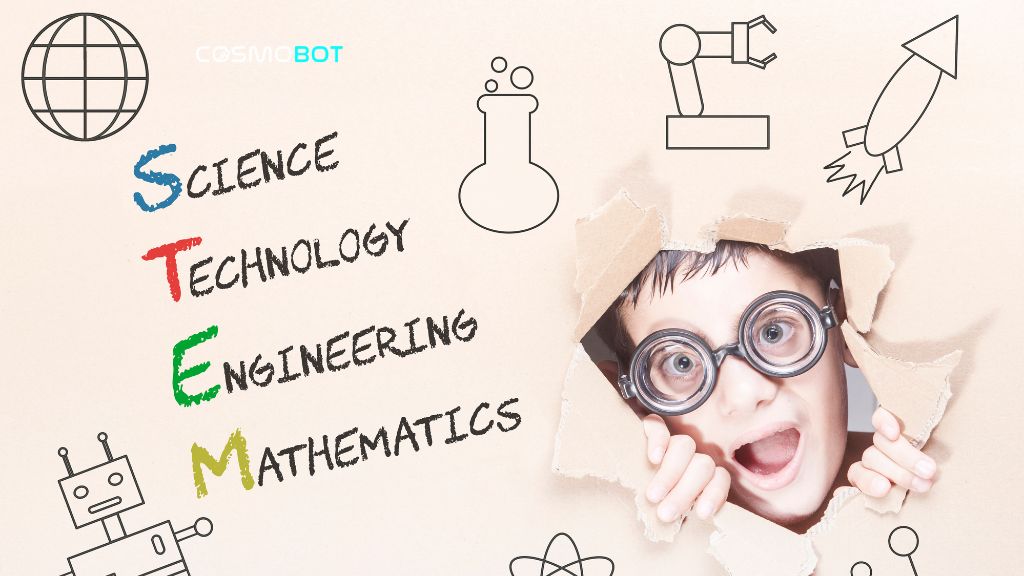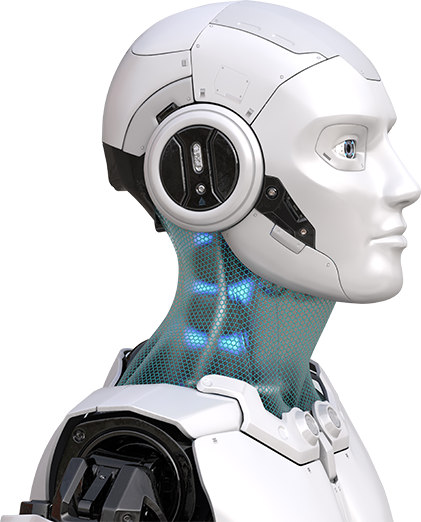Why Learning Python Is Great for Young Minds: How Cosmobot Makes It Easy let’s find out: In today’s technology-driven world, equipping children and teenagers with programming skills is becoming increasingly essential. Among the many programming languages available, Python stands out as one of the most beginner-friendly options for young learners. Its simplicity, versatility, and real-world applications make it an ideal choice for fostering computational thinking, creativity, and problem-solving abilities in young minds.
Cosmobot, a leading STEM education institute, is helping children in Siliguri and beyond learn Python in the easiest and most engaging way, combining expert guidance with hands-on, project-based learning. In this article, we will explore why Python is perfect for young learners and how Cosmobot is making coding accessible, fun, and effective.
1. Python’s Simplicity Makes Learning Easy
Python’s syntax is clear, readable, and intuitive, making it perfect for beginners. Unlike other languages with complicated rules, Python allows kids to focus on learning programming logic rather than memorizing syntax.
For example, a simple task like printing “Hello, World!” in Python is written as:
print("Hello, World!")At Cosmobot, our instructors introduce Python concepts step by step, using interactive exercises and mini-projects. For example, students can quickly learn to display text, perform calculations, or create simple games using code that resembles plain English. This approach ensures that children experience early success, which motivates them to explore more advanced programming concepts confidently.
2. Cosmobot Encourages Problem-Solving and Logical Thinking
Programming is an excellent way to develop problem-solving skills, and Python is particularly effective because it emphasizes structured, logical thinking.
Cosmobot’s curriculum focuses on giving kids real-world challenges, like designing a basic game or building a simple calculator. Through these projects, children learn to break problems into smaller steps, identify patterns, and implement solutions. This not only strengthens their coding skills but also improves cognitive development and analytical thinking.
3. Fosters Creativity and Innovation with Cosmobot Projects
Python allows students to turn their ideas into tangible outcomes. With tools like Turtle Graphics, Pygame, and simple animation projects, children can create interactive drawings, games, and mini-applications.
At Cosmobot, students are encouraged to experiment creatively while coding. Our hands-on, project-based teaching method helps children visualize abstract concepts, combining logic with imagination. This approach nurtures innovation, helping young learners build confidence and an innovative mindset from an early age.
4. Supporting STEM Education through Python
Python has extensive applications in STEM fields, from data science and robotics to AI and scientific computing. Cosmobot introduces children to these technologies in fun, age-appropriate ways, helping them see the connection between coding and real-world problems.
For example, students can learn to visualize data using Python or control small robots, which strengthens both programming skills and scientific understanding. By integrating Python into STEM education, Cosmobot prepares children for a future where technology is central to almost every profession.
5. Building a Foundation for Future Careers
Learning Python early gives children a head start in their future careers. Python is widely used in industries like software development, AI, robotics, cybersecurity, and web development.
Cosmobot ensures that students not only learn Python syntax but also understand its applications in technology and innovation. By guiding students through practical, real-world projects, Cosmobot equips young learners with skills that are valuable for high-demand careers in tech, giving them a significant advantage in the competitive global job market.
6. Enhancing Computational Thinking
Computational thinking is the ability to approach problems logically and systematically. Python teaches children how to decompose problems, recognize patterns, and develop algorithms.
Cosmobot incorporates exercises that encourage students to think like programmers, fostering skills that extend beyond coding. This approach develops strong analytical abilities, helping children make informed decisions, solve complex problems, and approach challenges methodically — both in and out of the classroom.
7. Encouraging Collaborative Learning
Learning Python is not just an individual activity — it’s also a collaborative experience. Cosmobot emphasizes teamwork by providing group projects, coding challenges, and peer discussions.
This collaborative environment encourages students to share ideas, solve problems together, and learn from one another, building communication and interpersonal skills that are essential in modern workplaces. Cosmobot also provides access to community forums and online resources, giving students additional support and inspiration.
8. Making Learning Fun Through Gamification
Cosmobot uses gamified learning methods to make Python coding enjoyable for children. Platforms like CodeCombat, Tynker, and interactive Python games are incorporated into lessons to keep students engaged.
By combining learning with play, Cosmobot ensures that children develop a love for coding while strengthening logical thinking and problem-solving skills. This approach fosters a positive learning environment that motivates students to explore and experiment freely.
9. Python’s Versatility Prepares Kids for the Digital Future
Python’s flexibility allows it to be used in web development, AI, robotics, and automation. Cosmobot ensures that students gain exposure to multiple applications of Python, helping them understand its practical importance in real-world scenarios.
By mastering Python, young learners develop transferable skills that are relevant across multiple industries. Cosmobot’s structured programs ensure that students gain confidence and competence, empowering them to tackle complex challenges and prepare for a technology-driven future.
Conclusion
Python is more than just a programming language — it is a tool that fosters creativity, logical thinking, problem-solving, and STEM skills in young learners. Through its simple syntax and versatile applications, Python provides an ideal foundation for children to explore the world of technology confidently.
Cosmobot plays a crucial role in making Python accessible and engaging for children. With a hands-on, project-based curriculum, expert guidance, and gamified learning, Cosmobot ensures that students not only learn to code but also develop the skills and mindset needed to thrive in a digital world.
By introducing Python through Cosmobot, young minds gain early exposure to technology, practical experience, and the confidence to innovate, laying the groundwork for future success in STEM and tech-driven careers.





